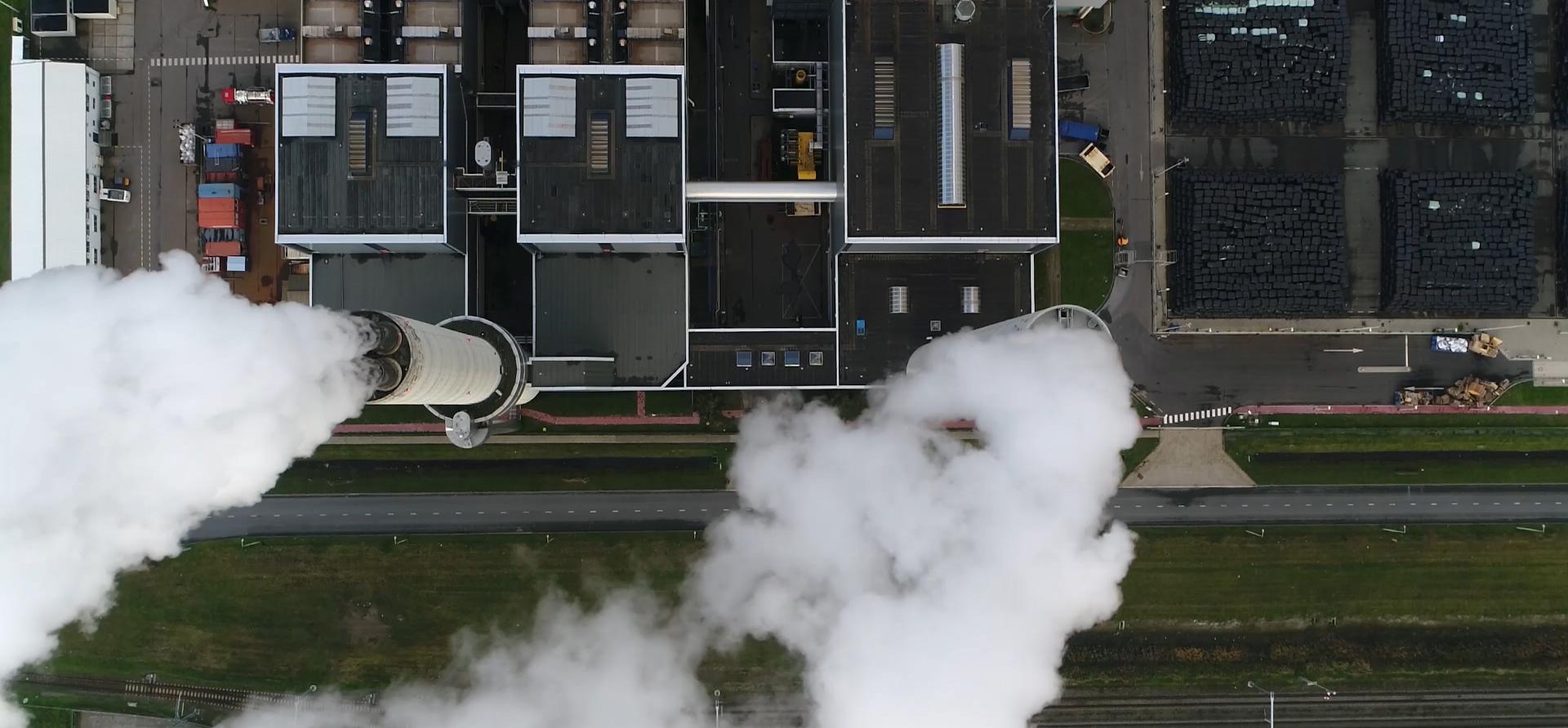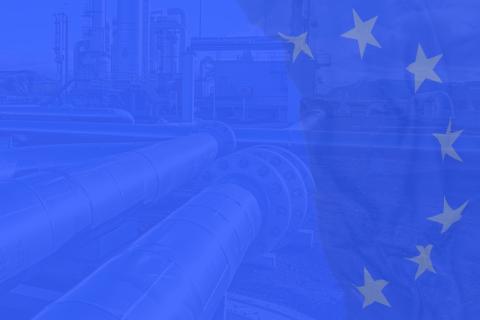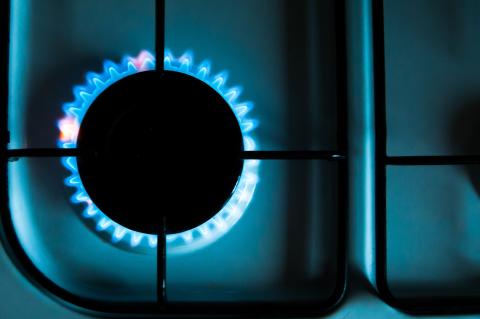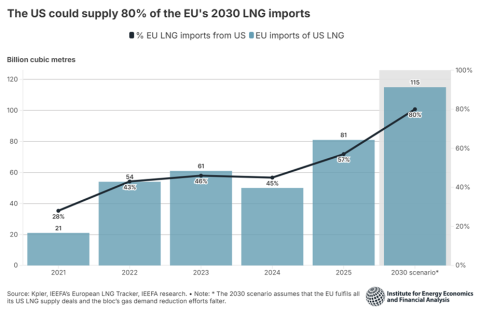Submission to Inquiry into Proposed Amendments to the Environment Protection (Sea Dumping) Act
Download Full Version
View Press Release

6 July 2023
To: Senate Standing Committees on Environment and Communications
RE: Inquiry into the Environment Protection (Sea Dumping) Amendment (Using New Technologies to Fight Climate Change) Bill 2023 [Provisions]
Thank you for the opportunity to present IEEFA’s submission to this inquiry.
Regards
Kevin Morrison – Energy Finance Analyst, Gas/LNG
Bruce Robertson – Energy Finance Analyst, Gas/LNG
Executive summary
- The proposed bill will neither use new technology nor fight climate change.
- Carbon capture and storage (CCS) only addresses 10-15% of total emissions from gas projects.
- CCS is only a cover for gas companies to keep opening new gas fields.
- The proposed bill puts Australia’s 2030 emissions reduction targets in jeopardy.
The proposed amendments to the Environment Protection (Sea Dumping) Act 1981 (the Sea Dumping Act) will do little to support the aims expressed in the title of the proposed legislation Environment Protection (Sea Dumping) Amendment (Using New Technologies to Fight Climate Change) Bill 2023 [Provisions], as it will neither use new technology, nor will it flight climate change.
The plan to use a 50-year-old technology such as carbon capture and storage (CCS) to fight climate change is an initiative advocated by the oil and gas sector that has little to do with the reality of dealing with a warming planet. CCS has been around since the 1970s and continues to fail to live up to the expectations promoted by oil and gas producers. Moreover, it only deals with a fraction of the total greenhouse gas (GHG) emissions, as it ignores the 85% to 90% of total emissions from the energy sector that are the Scope 3 emissions when oil and gas is burned by the consumer.
CCS only perpetuates production of oil and gas, which are major contributors to global GHG emissions each year. Global energy-related carbon dioxide (CO2) emissions totalled 36.8 gigatonnes in the calendar year 2022, whereas CCS sequestered a little more than 40 million tonnes of CO2 in the same period. This equates to a rounding error in the totality of emission pumped into the atmosphere each year.
IEEFA believes that the amendments proposed should not be passed in the Senate as they will exacerbate climate change by allowing gas producers to open new fields and increase GHG emissions. The proposed amendments would put Australia more at risk of failing to meet CO2 reductions targets that are consistent with the Paris Climate Agreement of keeping the rise in global average temperatures to 1.5°C.
Senators should seek amendment of the draft legislation to enhance legal and environmental protections, transparency and accountability of proposed transboundary CCS projects. Further amendments should include provision to obtain more information regarding proposed CCS import/export proposals in Australia, with a particular focus on the Bayu-Undan CCS project in the Timor Sea (and in the maritime territory of Timor Leste), and on the Middle Arm CCS project in Darwin.
The proposed Bill puts in jeopardy Australia’s relatively modest 2030 emissions reduction target and the objectives of the Safeguard Mechanism, and amounts to an act of systemic greenwashing.
















